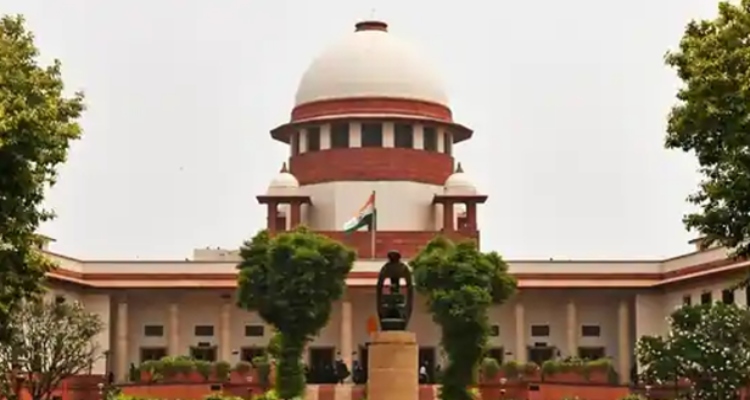
The Supreme Court on Tuesday directed the Ministry of Ayush to establish a dashboard to provide consumers with information about complaints filed regarding misleading advertisements and the progress made on them.
The Court had previously emphasized that misleading advertisements are in violation of the Drugs and Magic Remedies (Objectionable Advertisements) Act, 1954, the Drugs and Cosmetics Act, 1940, and the Consumer Protection Act, 1986.
A bench comprising Justice Hima Kohli and Justice Sandeep Mehta was addressing a plea from the Indian Medical Association (IMA) alleging that Patanjali Ayurved Ltd had conducted a smear campaign against the Covid vaccination drive and modern medicine systems. The bench observed that the absence of adequate data on actions taken in response to complaints leaves consumers uninformed and powerless.
“The Ministry of Ayush must create a dashboard detailing complaints received… so that this information becomes publicly accessible,” the bench noted. The data could also assist in addressing prosecution issues under the Drugs and Cosmetics Act.
The top court was informed that in several states, complaints about misleading advertisements had been forwarded to other states where the companies manufacturing these products were based. However, the state licensing authority later filed an affidavit stating that the suspension order had been canceled following a high-level committee’s report that reviewed Patanjali Ayurved Ltd’s grievances related to the controversy.
On May 17, it was reported that the April 15 suspension order had been paused and was subsequently canceled on July 1. During Tuesday’s hearing, the IMA’s counsel informed the apex court about the cancellation of the suspension order.
The bench asked, “What is the status today?” The Uttarakhand counsel responded that a new notice had been issued to Patanjali after the July 1 order, and Patanjali had replied on July 19. When the state’s counsel requested three to four weeks to conclude the matter after hearing the response, the bench questioned the delay and instructed the state to issue a decision following the show cause notice before the next hearing date and communicate it to Patanjali.
The bench also addressed the May 7 directive, which mandated that before any advertisement is printed, aired, or displayed, a self-declaration must be submitted by the advertiser or advertising agency, as per Rule 7 of the Cable Television Networks Rules, 1994. This rule requires that advertisements comply with the law and not offend the morality, decency, and religious sensibilities of subscribers. The Supreme Court had ordered on May 7 that self-declarations should be uploaded to the ‘Broadcast Sewa Portal’ managed by the Ministry of Information and Broadcasting.
During Tuesday’s hearing, Additional Solicitor General K. M. Nataraj informed the bench that the ministry had held a stakeholder meeting on June 30, attended by about 40 parties, to discuss the issue. A follow-up meeting was held in July, and additional time was needed to compile information and make recommendations. The bench granted two weeks for the ministry to complete these tasks and instructed stakeholders to expedite their suggestions.
On May 14, the apex court reserved its order on the contempt notice issued to yoga guru Ramdev, his aide Balkrishna, and Patanjali Ayurved Ltd concerning the misleading advertisements case. Patanjali Ayurved Ltd had assured the top court on November 21 of last year that it would adhere to all laws, especially those related to advertising and branding of its products, and would refrain from making any unsubstantiated claims about medicinal efficacy or criticizing other medical systems. The court had affirmed that Patanjali Ayurved Ltd was “bound by such assurance.”




